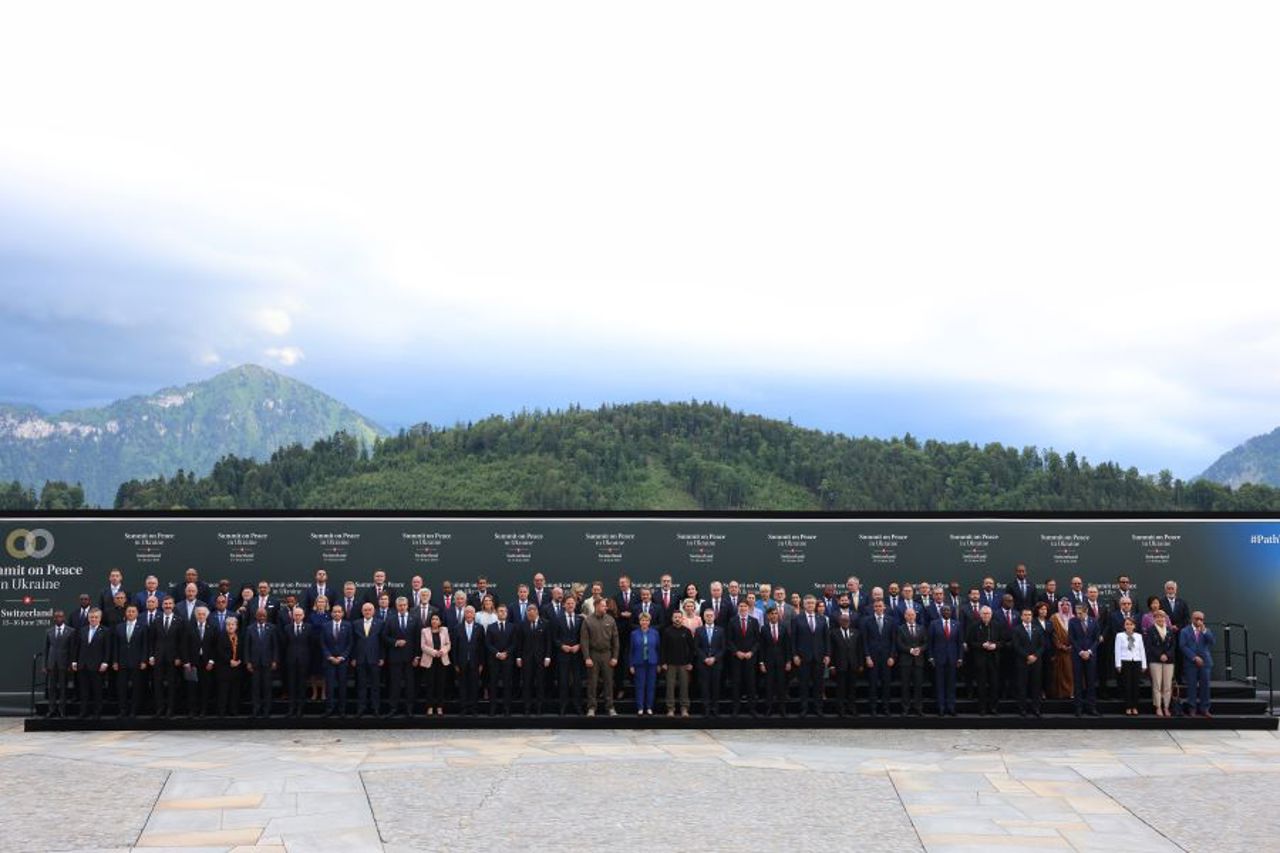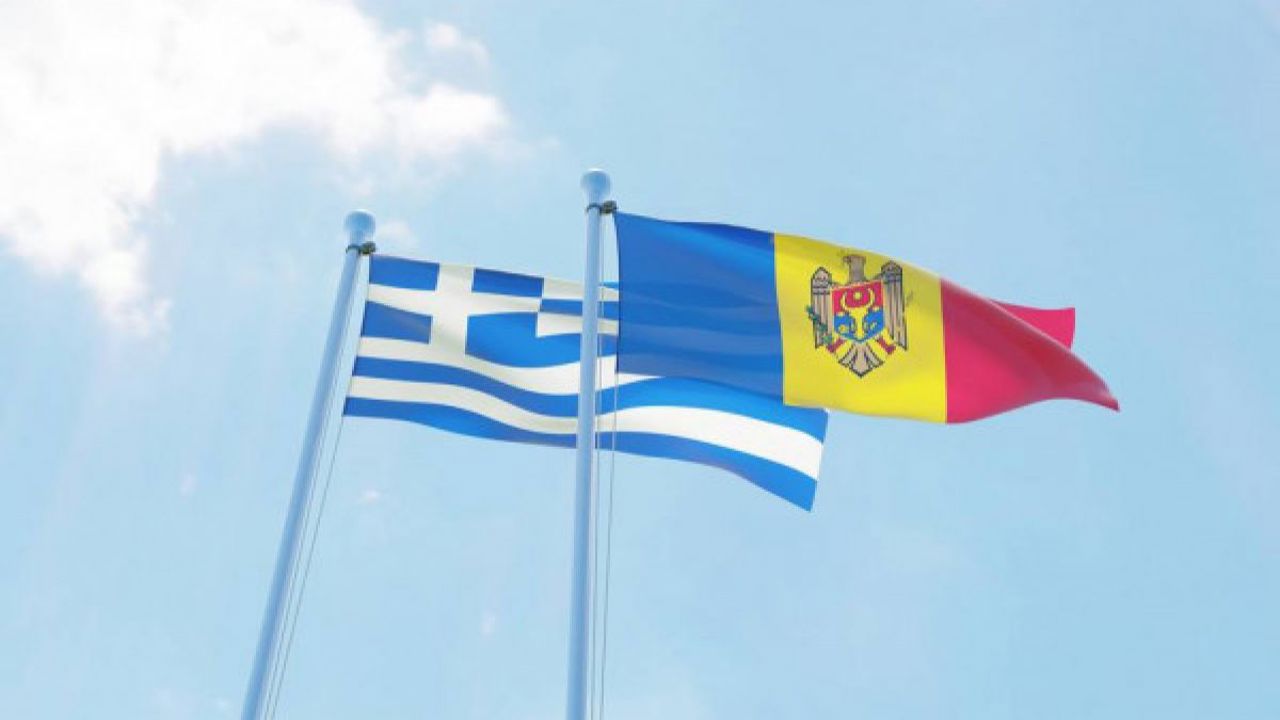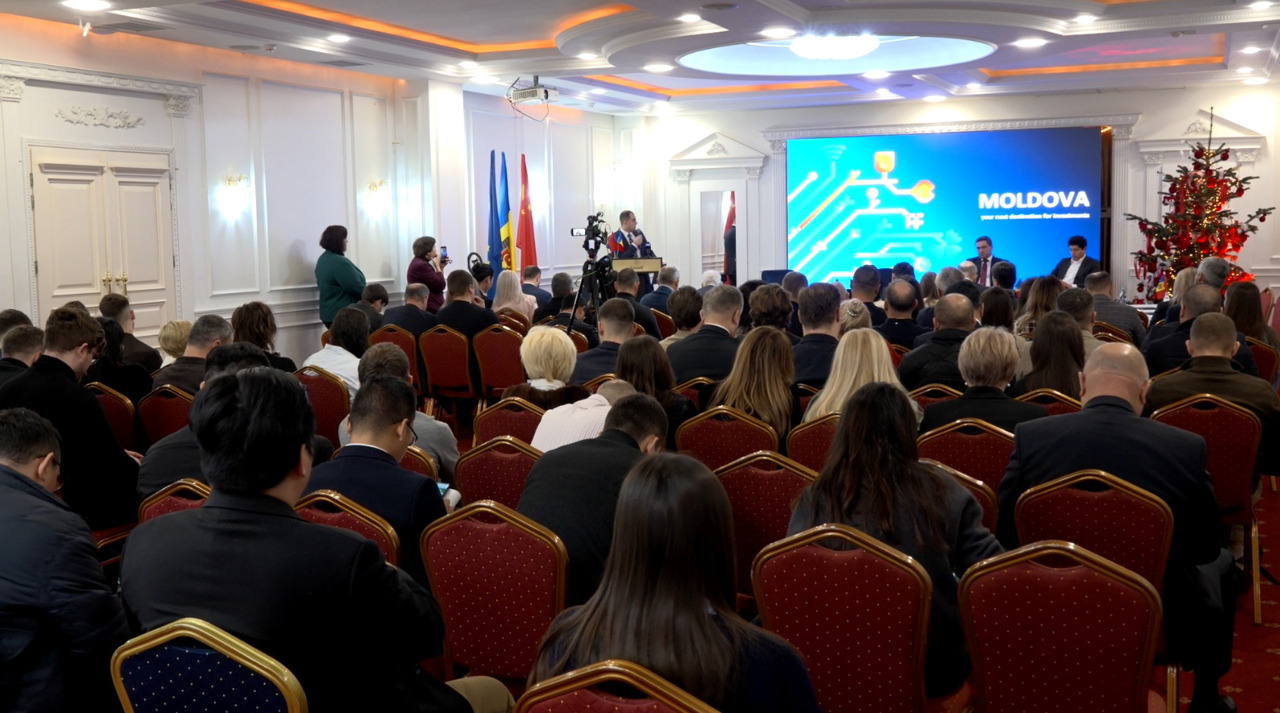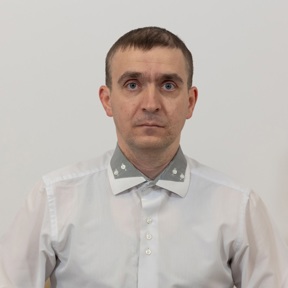Zelensky Declares Peace Summit a Success for Ukraine
Ukrainian President Volodymyr Zelensky declared, during a press conference at the conclusion of the Peace Summit in Switzerland, that it was a great success for Ukraine and that the communiqué adopted after the summit was fully satisfactory for Kyiv, reports the BBC..

The Kyiv leader stated that all summit participants supported Ukraine's territorial integrity and that several states have already agreed to continue working at the level of advisors to leaders and heads of government to achieve additional results.
The Ukrainian leader also announced that a second peace summit would take place soon. He indicated that this would be convened once detailed peace proposals are developed and that this would occur in a few months, not years.
Zelensky promised that the outcome of the second summit would be the end of the war.
Final communiqué of the Peace Summit: nuclear and food security, release of prisoners and detainees.
The final communiqué adopted jointly by the majority of summit participants has been published. It contains important references to Ukraine's territorial integrity as a fundamental principle of any peace treaty but does not mention several key conditions of Zelensky's peace plan.
Participants reaffirmed their commitment to the UN General Assembly resolutions adopted immediately after Russia's full-scale invasion, which called for the complete and unconditional withdrawal of Russian troops from Ukrainian territory and the cessation of hostilities.
However, the proposals developed during the summit, which describe the common vision of a path toward peace reached by its participants, do not include a request for the withdrawal of Russian troops or compensation to Ukraine from Russia for destruction and occupation.
Participants limited themselves to three main points:
Nuclear energy safety, including the return of the Zaporizhzhia nuclear plant to Ukrainian control (it was seized by Russian troops), and the unacceptability of threats to use nuclear weapons against Ukraine;
The importance of full and safe access to Ukrainian ports in the Sea of Azov and the Black Sea and to Ukrainian agricultural products, as elements crucial to global food security;
The release of all prisoners of war, as well as the return to Ukraine of illegally deported and detained Ukrainian children and civilians.
The communiqué was signed by the Republic of Moldova and the majority of countries from three continents, spanning from what is commonly referred to as "the collective West" (USA, Canada, Great Britain, EU, etc.) to Argentina, Chile, and other Latin American countries, as well as Kenya, Ghana, and Ivory Coast in Africa.
Despite this, the documents do not bear the signatures of Brazil, India, Saudi Arabia, the United Arab Emirates, and South Africa, although representatives from these countries were present at the summit.
Translation by Iurie Tataru






